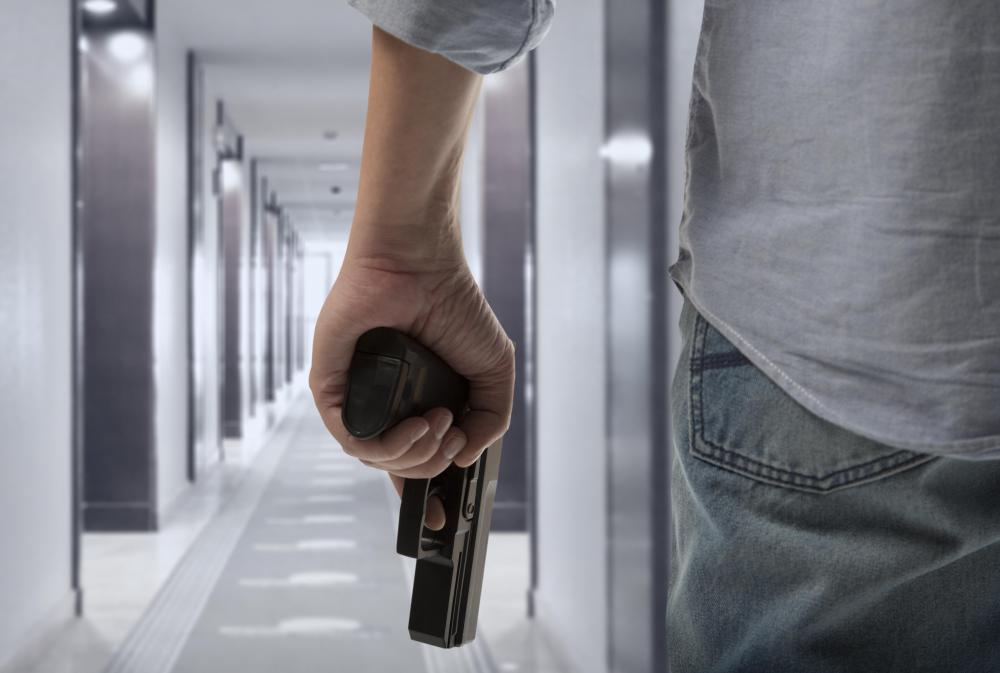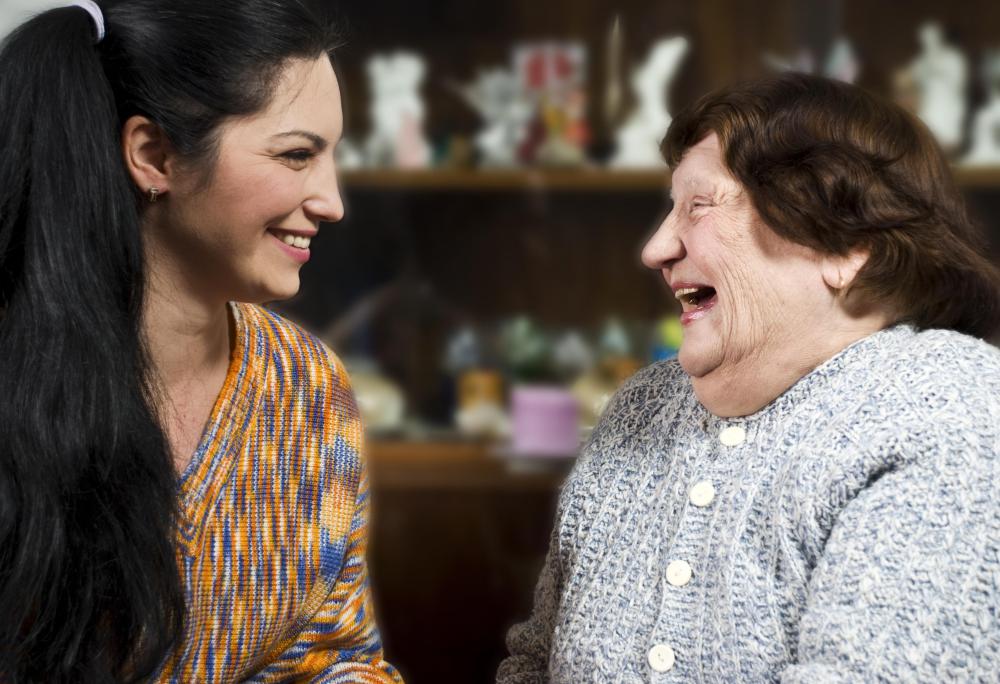At WiseGEEK, we're committed to delivering accurate, trustworthy information. Our expert-authored content is rigorously fact-checked and sourced from credible authorities. Discover how we uphold the highest standards in providing you with reliable knowledge.
What is ICU Psychosis?
A form of delirium, intensive care unit psychosis is an episode experienced by a hospitalized patient. During ICU psychosis, a patient will momentarily become psychotic and experience a variety of symptoms. Patients generally will experience anxiety, hallucinations, and paranoia, among other symptoms. After enduring a severe episode of delirium, the patient most likely will have no recollection of it. Treatment for ICU psychosis varies, but generally aims to keep the patient from harming himself.
Also known as acute brain failure or sundowning, ICU psychosis may last for up to a day or even two weeks involving different symptoms, which generally are worse at night. A patient may experience psychosis suddenly, and become restless, agitated, and excited. Also, a hospitalized person may suffer nightmares, delusions, and disorientation. The person’s level of consciousness usually varies, and may include violent behavior. Approximately a third of patients who spend at least five days in ICU will experience some type of psychotic episode.

ICU psychosis is caused by a host of factors. Generally, the patient’s surroundings in the hospital may play a role. In a hospital, a patient is typically placed in a room that is unfamiliar, and if the room has no windows, the patient may not be able to tell day from night, causing havoc with biorhythms. Being placed in intensive care can also cause a high level of anxiety, as a person may experience no control over his life. Constant monitoring and meeting with medical staff may be disturbing for patients and lead to sensory overload.

A person in ICU may also suffer from psychosis due to medical reasons. The stress of the patient’s illness or reactions to medications may bring about delirium. During hospitalization, a person may also experience an infection, which causes a fever and toxins in the body. Dehydration and electrolyte imbalances, as well as a high level of liver enzymes, are other factors that may lead up to delirium.

It is important to ensure patients with ICU psychosis do not harm themselves. Allowing the patient’s family to be nearby may help when the patient becomes agitated, as well as placing familiar objects around him. It is also important to make sure the patient’s medication is not causing delirium. Finally, making sure the patient does not become sleep deprived and placing him in an environment where he can get plenty of rest is important. In severe cases when a patient becomes so out of control and no other measures work, he may need to be restrained or treated with medications to prevent him from hurting himself.
AS FEATURED ON:
AS FEATURED ON:


















Discuss this Article
Post your comments